|
|
|
Your weekly dose of evidence
|
|
Has anyone close to you asked you to cut down on your work? In recent months have you become angry or resentful about your work or about colleagues, clients or patients? These are some of the signs that you might be headed towards burnout.
The World Health Organisation has just reclassified burnout as an “occupational phenomenon” rather than a problem related to life management. Burnout is caused by chronic stress that hasn’t been adequately managed and leaves you feeling exhausted, cynical and hating your job or profession.
The new definition should be a wake up call to employers, writes Michael Musker. But in the meantime, try to inoculate yourself against job interference and, as much as you can, prevent it from ebbing into your personal life.
The World Health Organisation has also added gaming disorder to its list of addiction and mental health disorders. As Joanne Orlando explains, it’s not so much about gaming too much or how many hours you play. It’s a serious and rare disorder that affects your ability to go to school or work and maintain social relationships.
|
Fron Jackson-Webb
Deputy Editor/Senior Health + Medicine Editor
|

|
|
|
|

In today’s digital age, we’re losing the ability to switch off from our work.
From shutterstock.com
Michael Musker, South Australian Health & Medical Research Institute
Has anyone close to you asked you to cut down on your work? Do you feel guilty that you're not spending enough time with your friends, family or even yourself? It might be time for change.
|
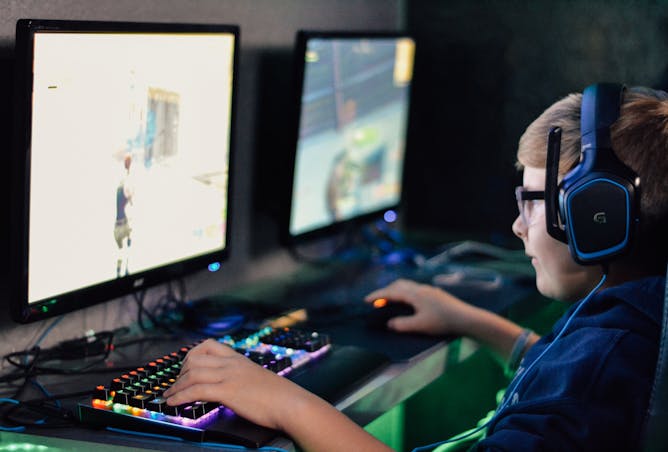
When gaming interferes with a person’s daily life, it might become a disorder.
Alex Haney
Joanne Orlando, Western Sydney University
The World Health Organisation has classified gaming disorder as an addiction. But it involves more than just playing videogames for hours on end. Here's how to spot it and what you can do about it.
|
From the archives: work stress
|
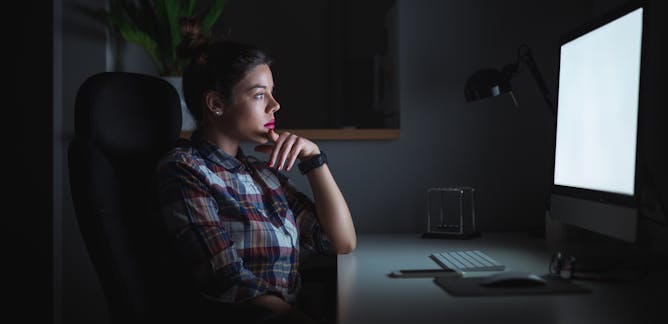
Rachel Grieve, University of Tasmania
Workers in the gig economy may need to family members, online services or mentors to preserve their mental health.
| |
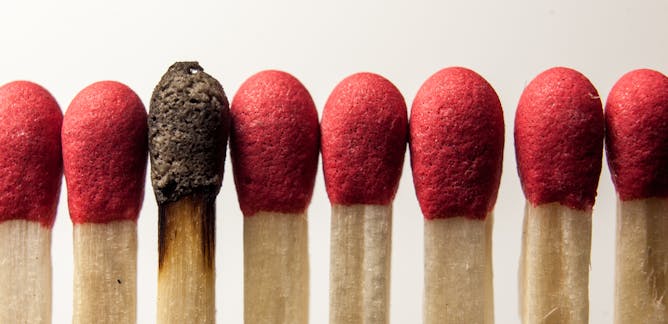
Gabriela Tavella, UNSW; Gordon Parker, UNSW
Burnout is hard to diagnose, as it is not featured in the manual of mental disorders.
|
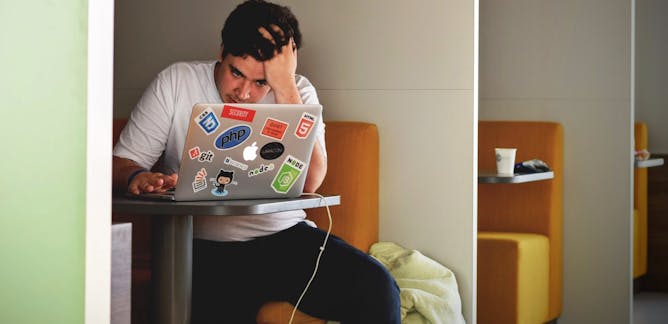
Stephen Mattarollo, The University of Queensland; Michael Nissen, The University of Queensland
Stress has subtle, underlying effects on almost every part of the body, including the heart, gut and immune system.
| |

Zoë Krupka, La Trobe University
The idea of resilience is important - but is it being co-opted in our workplaces?
|
|
|
From the archives: video gaming
|
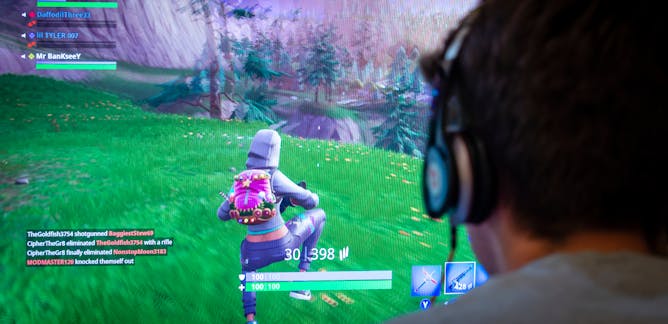
Joanne Orlando, Western Sydney University
If your child is keeping their grades up and maintaining friends and hobbies, then their gaming activity is likely not a disorder or addiction.
| |
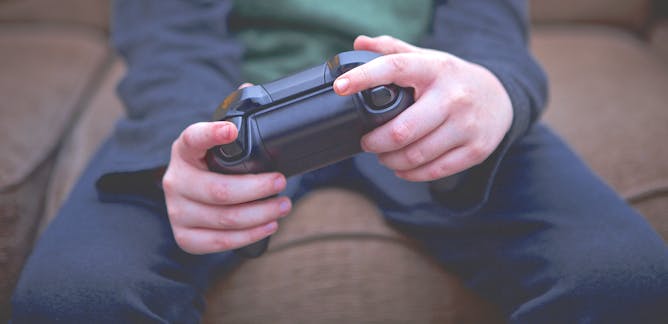
Joanne Orlando, Western Sydney University
Bo, aged nine, wants to know why adults think video games are bad.
|
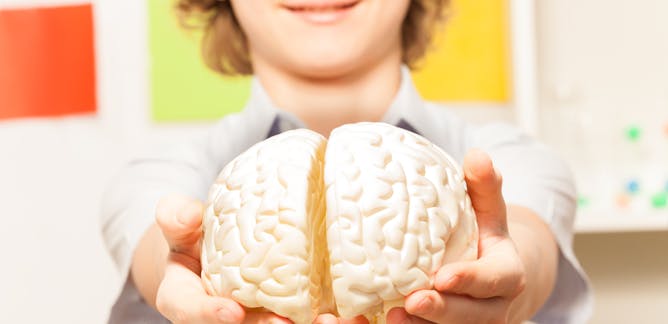
Sarah Loughran, University of Wollongong
In his new book, Teen Brain, David Gillespie suggests anxiety and other problems are on the rise among teenagers due to smartphones and tablets. This could be true, but his claims are overblown.
| |
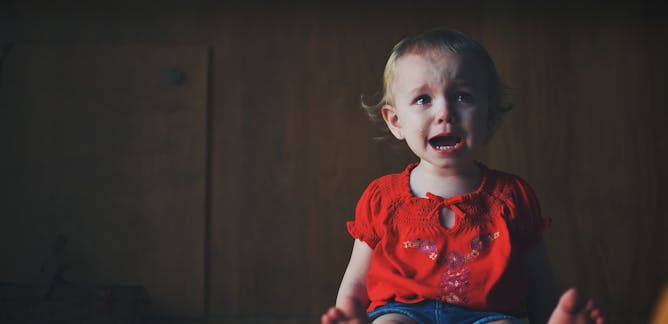
Joanne Orlando, Western Sydney University
Footage of children throwing tantrums when their tablet is taken away can be unsettling. But the fact is technology can be good for their development, if they engage with it positively.
|
|
|
Expert answers to serious, weird and wacky questions
|

Nathan Kilah, University of Tasmania
I have been interested in the science of fire and fireworks for a long time, and can tell you there is a lot happening in the very short time it takes to light a match.
| |

Richard Hodgkins, Loughborough University
A scientist explains how global warming is affecting the entire world – from the mountains, to the sea.
|
|
|
Top picks from the week
|

There’s not only one correct sitting posture. Mixing it up is the best thing to do.
From shutterstock.com
Leon Straker, Curtin University
Contrary to what you might think, there's not one right way to sit. According to the principles of ergonomics, there are three good options.
|
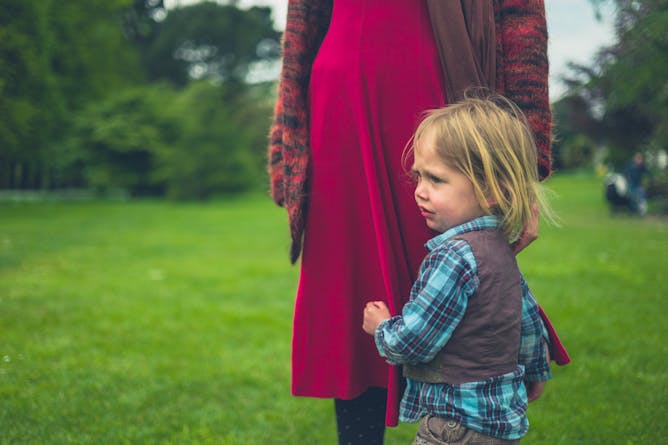
Children can show clingy behaviour at any stage up to late primary school years.
from shutterstock.com
Elizabeth Westrupp, Deakin University
When children are being clingy, they're communicating their feelings. This is normal and healthy. Parents can help by acknowledging the feelings that come with their child's behaviour.
|
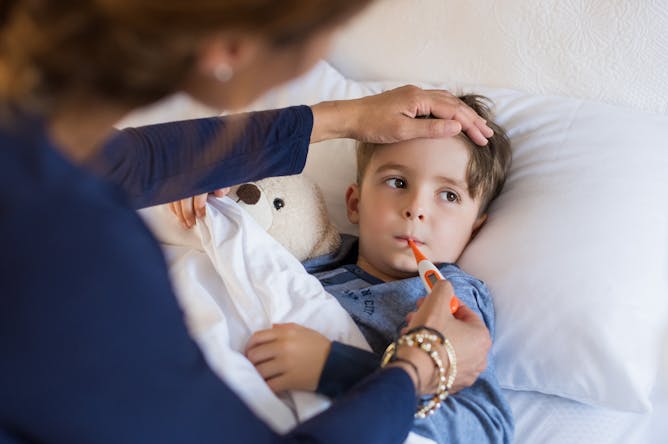
Children are more likely than adults to catch and spread influenza.
From shutterstock.com
Christopher Blyth, University of Western Australia; Kristine Macartney, University of Sydney; Samantha Carlson, University of Sydney
Children's immune systems are more vulnerable to the flu; even kids who are otherwise healthy can develop complications. The best way to protect children is by having them vaccinated.
|
|
|
| |
Featured jobs
|

|
RMIT University — Melbourne, Victoria
|

|
University of Melbourne — Parkville, Missouri
|

|
University of Western Australia — Mount Waverley, Victoria
|

|
University of Sydney — Sydney, New South Wales
|
|
|
|
| |
| |
| |

|
| |
| |
| |
Featured events
|

|
Learning and Teaching building, 19 Ancora Imparo Way, Clayton campus, Monash University, Clayton, Victoria, 3800, Australia — Monash University
|
|
|
ICC Sydney, Sydney, New South Wales, 2000, Australia — International Society on Early Intervention in conjunction with Early Childhood Intervention Australia (ECIA)
|

|
Building #20, St Lucia Campus, The University of Queensland, Brisbane, Queensland, 4072, Australia — The University of Queensland
|

|
The University of Sydney, Sydney, New South Wales, 2006, Australia — University of Sydney
|
|
|
|
| |
| |
| |
| |
| |
|
|
|
|
|
|
|